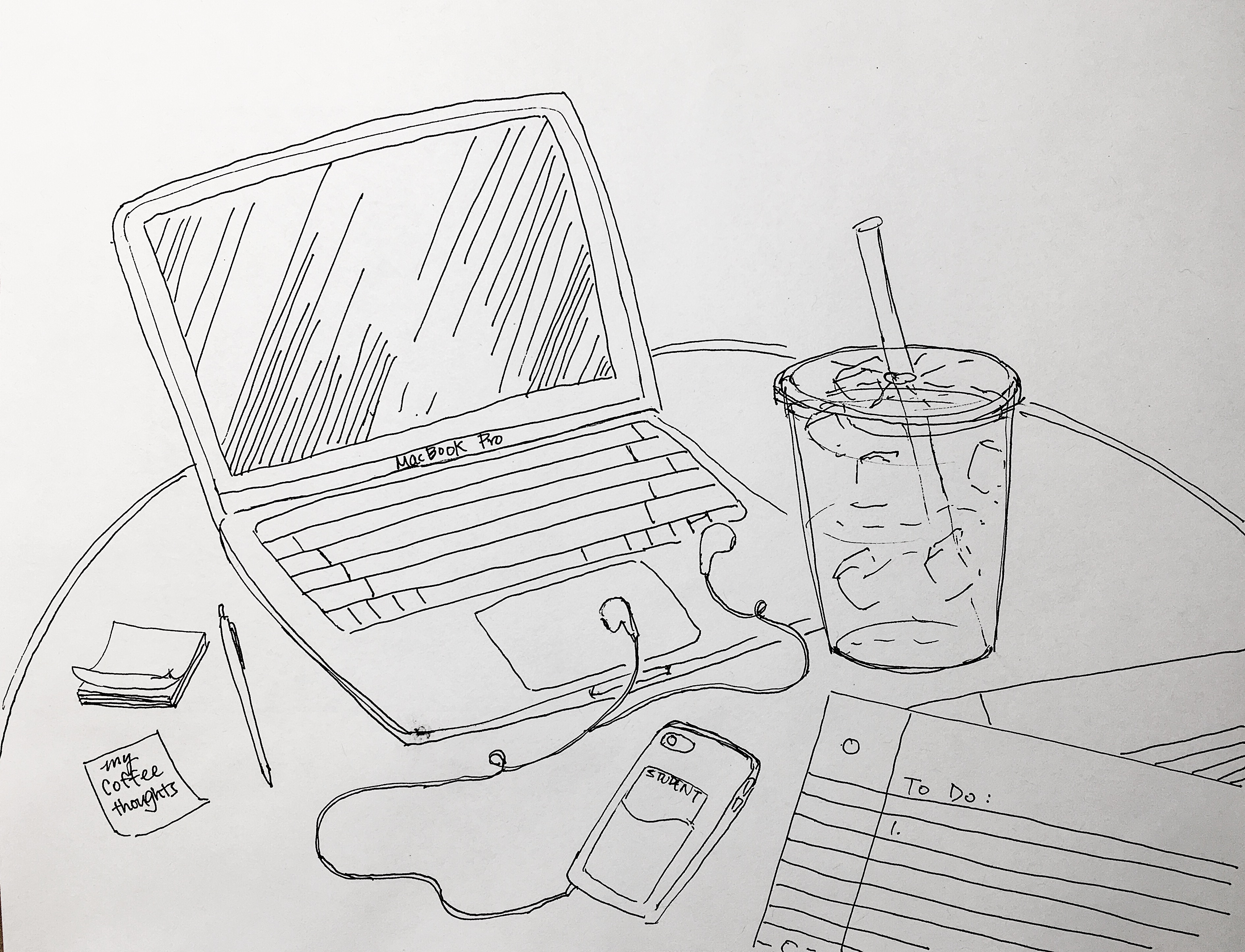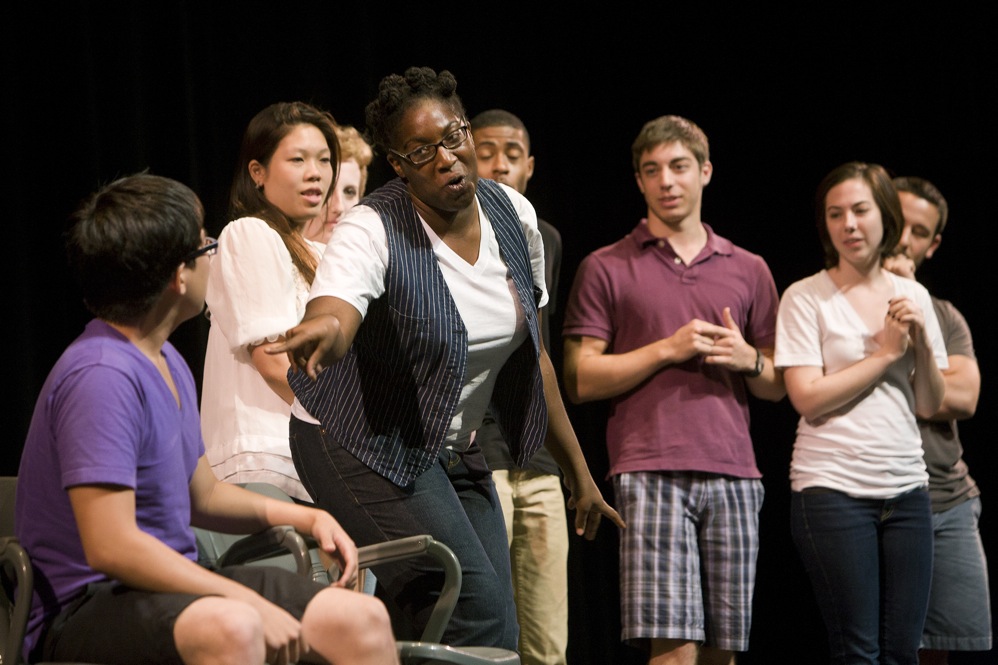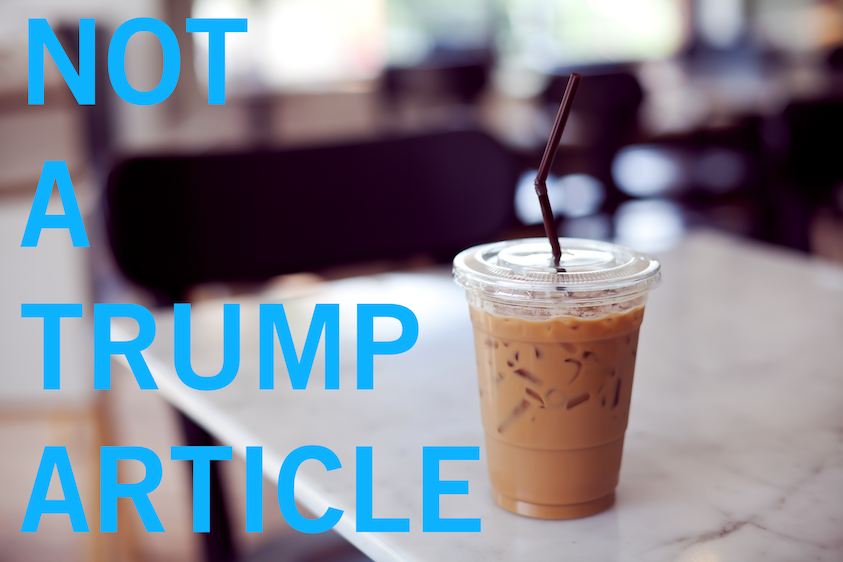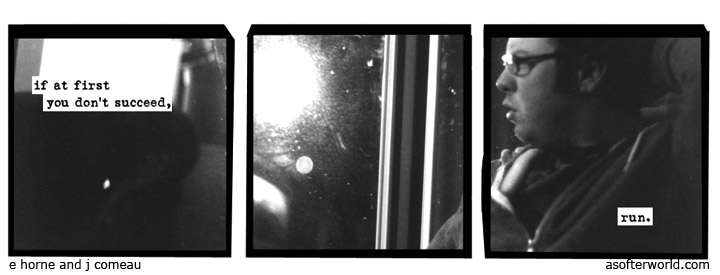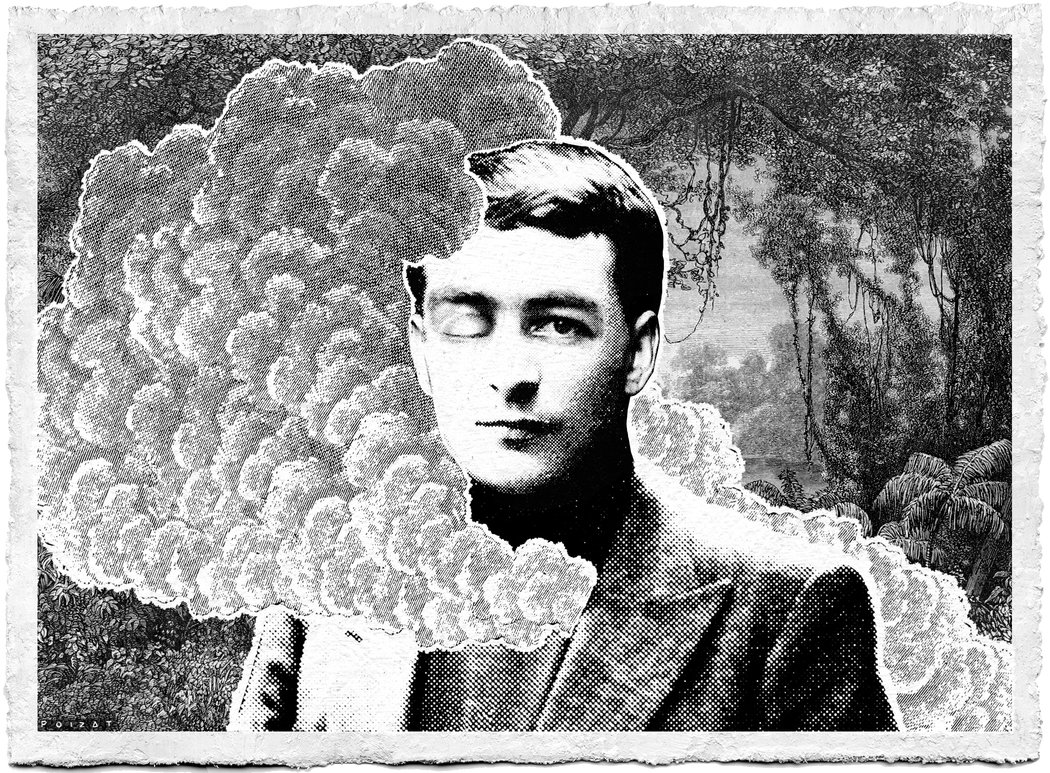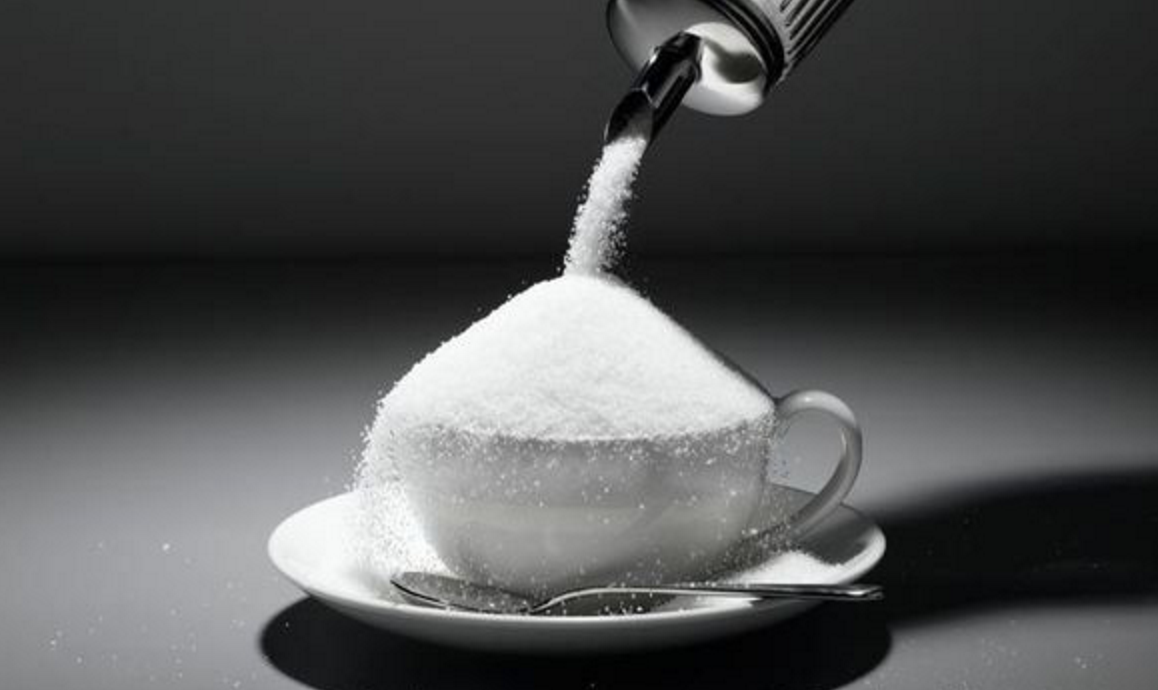Life
INOCCIDUOUS THOUGHTS | I Feel Bad…
|
There’s a time and a place for guilt. Most times it’s within reason—after doing something immoral, unethical, or unkind, it’s a necessary part of self-regulation that, without intention, keeps our emotions in check and subsequently provides a feedback mechanism for changing or continuing a behavior. Psychology Today assembled a short list of five types of guilt and how to cope with them. Interestingly, they preface with Freud’s psychodynamic theory of guilt and anxiety due to the repression of unconscious desires. With Freud in mind, the five types of guilt were listed as being: guilt for something you did, such as hurting someone physically or emotionally; guilt for something you didn’t do, but want to, such as having the desire to cheat on your partner; guilt for something you think you did, but didn’t, such as causing someone else’s misfortune by wishing it; guilt that you didn’t do enough to help others, including “compassion fatigue” which puts your own mental vitality at risk; and lastly, guilt that you’re doing better than someone else. These feelings of guilt are fairly common, but they’re rudimentary.



